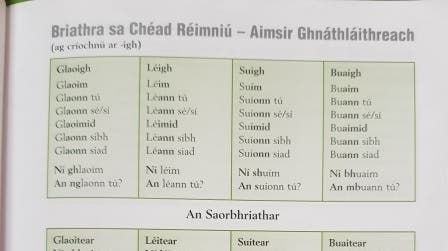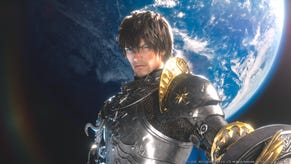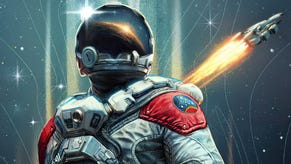Meet the person who translated the original 151 Pokémon into Irish
Pikachu, roghnaím tú!
"Irish isn't very popular among the youth of today, but maybe..."
In Ireland, it's compulsory to study Irish in secondary school. The language is integral to our cultural heritage, but it can be difficult to convince teens of its contemporary significance. I remember thinking, "What's the point in learning a dead language? Nobody speaks it apart from us anyway."
I'm not of that opinion anymore, and I changed my mind about learning Irish early enough to have retained a decent amount of it. The same can't be said for everyone, however, which is why it's important to illuminate the people hoping to keep the language alive by conflating it with popular culture - something Nathan Fox did when he translated the names of the original 151 Pokémon into Irish.
"My name is Nathan, early 20s, fairly typical nerdy Irish guy," he tells me. "I had the same primary/secondary education as anyone else in Ireland. I did higher level Irish all the way into the Junior Cert, then ordinary level Leaving Cert Irish to make studying a bit easier on myself." In Ireland, the Junior Cert is similar to the GCSEs, whereas the Leaving Cert is comparable to the A-Levels.
"I started playing [Pokémon] as far back as I remember," Nathan explains, linking his two interests together. "I think I was into the show first. Yellow would almost definitely have been the first game I got my hands on, but I played them all up until Sapphire/FireRed."
In order to translate each Pokémon's name into Irish, Nathan decided to trace their etymology first. For example, Bulbasaur is a combination of the words "bulb" and "-saur," which is the Greek suffix for "lizard". By that logic, the Irish for Bulbasaur is Bolgánsáir, which conflates "bolgán," the word for "bulb," with "dineasár," which means "dinosaur". Similarly, Squirtle comes from the words "squirt" and "turtle," so the Irish term combines "steall," meaning "splash," with "turtar," which means "turtle". The end result: Steallturt.
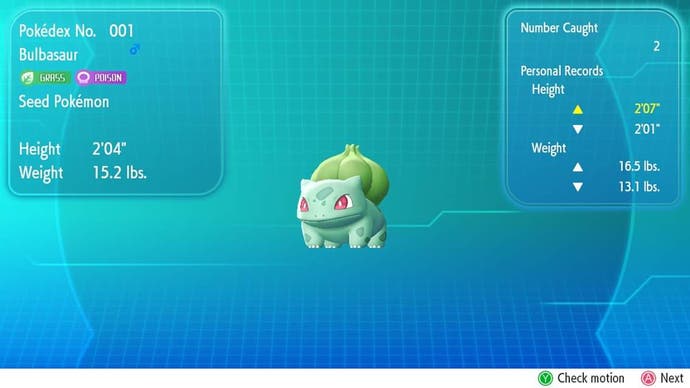
While some Pokemon could be directly translated into Irish, certain others retained their names for one reason or another. "Pikachu is universal at this stage, and I think changing the name of its evolution Raichu would be too confusing," Nathan explains. On top of this, "Golem is based on the creature of the same name in Jewish folklore, Gengar is based on the German word doppelganger, [and] Lapras comes from Loch Ness." Interestingly, Nathan also goes on to explain why certain other Pokemon remained untranslated: "Kabuto, Zubatto, and Nidoru are all root words from Japanese, so I felt it made sense to just keep them."
However, despite the fact Nathan succeeded in this ambitious endeavour, he doesn't consider himself an Irish virtuoso. "I was never really a 'language' person," he tells me. "I always struggled, whether it was English, Irish, or German. I'd say I had the unfortunate 'typical' view of the language up until second year. You know, 'why am I even doing this? I don't speak it, it's a dead language.' Then, in second year, we had a free class where one of the maths teachers came in to supervise. He was fluent in Irish and just watching him talk about the language made me realise it's not just a boring subject you have to do at school. It's a part of the history of the island."
Although Irish is one of the most culturally-significant aspects of Irish history, it's been on a downward spiral for a long time, to the extent that fluency is incredibly rare, especially among young people. "[The teacher] also mentioned how it's a shame it's dying out, as it's (aside from Latin and Greek) the oldest surviving written European language," Nathan continues. "I'm not 100 per cent sure to the validity of that - I've heard it many times since - but I guess it struck a chord with me." In fact, after a little research, I discovered Irish holds the oldest vernacular literature in Western Europe.

Often when an Irish person gets older and has lost most of what they learned at school, they long for another shot at learning our beautiful tongue, mainly because of how many legendary Irish figures spoke it fluently. "I like history and love the idea of how people lived in the past, especially within an Irish context," Nathan tells me. "Irish is the language of Brian Boru, Wolfe Tone, Pádraig Pearse, Michael Collins, and countless other great Irish men and women who fought and died so I could speak the language freely, and all I can say is 'An bhfuil cead agam go dtí an leithreas?' without stumbling." ("Can I go to the toilet?" for those who don't speak Irish.) Something all Irish teens learn about in school is how martyrs like Pádraig Pearse and Michael Collins died to preserve our language and culture. As Ireland became increasingly anglicised, these figures stood as stalwart champions in the face of adversary, remembering where they came from and why it was important to never forget.
"When I started picking Irish up again, I was going through a Pokémon mood," Nathan explains. "Redownloaded Pokémon Go, bought Pearl and started playing it for the first time. I was also looking into seeing what video games were available through Irish. I know there's one or two small Irish Let's Play channels on YouTube, and that TG4 [Ireland's all-Irish television channel] has an Irish Twitch, but I wasn't really aware of any actual video games with Irish language support.
"That got me thinking of how easy/difficult it would be to translate an existing game," Nathan continues. "Then it sort of went from there. I had always had little ideas for my own personal Pokémon games; maybe one day I'll actually realise them. And if someone does actually make an Irish translation, at least they won't have to make up 151 names from scratch."
However, Nathan never expected his post to explode the way it did. "I was surprised people actually cared enough to give multiple silver [on Reddit]," Nathan explains. "It was nice to see people actually care about the language, even on a small level like upvoting a post. Reading people give tips, advice, and constructive criticism really inspired me and covered things I didn't even think about."
The community response to Nathan's project truly was incredible. For example, u/Strawberry_Chores suggested he change Rattata's name from "Francach," which simply means "Rat," to "Franchadhcach," as an artful way of retaining the alliteration in Rattata. Another poster, u/ihateirony, mentioned an Irish spelling rule known as "leathan le leathan, caol le caol," which simply means "broad with broad, slender with slender". In other words, the vowels on either side of a consonant (or group of consonants) should agree. The broad vowels are a, o, and u, and the slender vowels are i and e.
The Pokémon in question was Dragonite, who had its name translated to Dragnanire, a compound of "dragan," meaning "dragon," and "ridire," which means "knight". This word doesn't look particularly Irish, but if "ridire" was exchanged for "cúirteoir," which means "cavalier," Dragonite could be translated to "Draganúirteoir," which adheres to the ancient spelling rule. u/ihateirony also pointed out that "Mew" doesn't look very Irish, as there's no "w" in the Irish language (or j, k, q, v, x, y, or z, for that matter). As a result, Mew could be spelled "Miú," which is how it would be phonetically written in Irish.
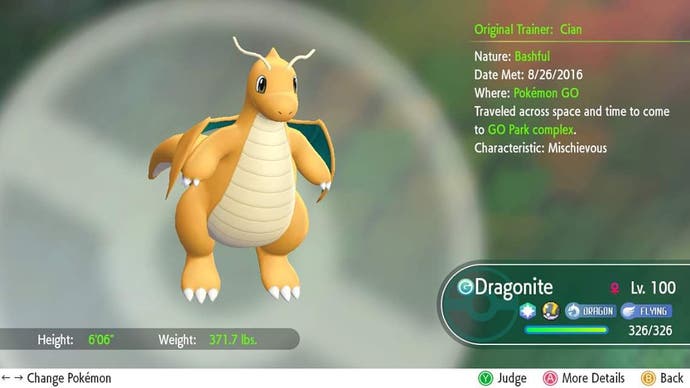
"I did fall off learning the language a little bit back in January," Nathan confesses. "But I felt I owed it to myself (and with some prodding from my girlfriend) to pick it up again and continue a bit where I left off. My biggest flaw is saying I want to/am going to do something, then never realising the vision, whether it's, 'I'm going to do the next 100 Pokémon' or, 'I'm going to work out today.' So I want to [translate more Pokemon], and I aim to. And you talking to me could very easily be the boost I need to continue it. Plus once I get through Gen 2, I'm at Gen 3 - objectively the best generation."
So, thanks to a lifelong love of Pokémon and a newfound desire to learn his country's native tongue, Nathan managed to translate all 151 original Gen 1 Pokémon into Irish with reference to their etymological bases in English. Our language may not be particularly popular among the Irish youth at present, but if more people take a leaf out of Nathan's book and give us a reason to develop an interest in it, perhaps Pokémon could be part of the reason the language experiences a surge in popularity in the near future. After all, ní tír gan teanga! (No nation without a language!)
